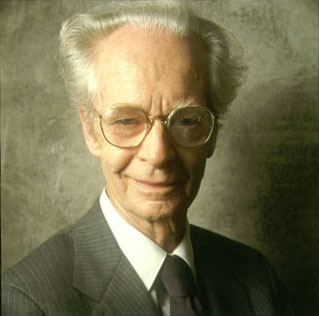Look out for Edutech wiki!!
During this week we had to reorder our wikis in Edutech, trying to follow the correct procedure suggested by M. Schneider.
Then we had to take a look at the pages edited by our course colleagues.
As far as my colleagues are concerned, I have learned a lot from their wikis, especially those concerning subjects I ignored or I have a superficial knowledge of.
I appreciated the way they organize their paragraphs, highlighting certain aspects rather than others or the specific words they use to give unity to their compositions.
In doing so, I found out their own style and their capability of adapting language devices to the purposes of Edutech.
Now, I would like to deal with M. Schneider’s suggestions.
He wrote to Sarah, explaining that we had to follow a certain procedure while editing our wikis.
From his intervention, I learned that, once you decide to edit your works on line, you have to reflect upon your audience. I mean that, when you write a blog, you can even write for yourself. I know that there is a community behind every web page you can find, but a blog is your own product and you can chose your own style and say whatever you want (in observance of a moral etiquette).
However, writing wikis is not so easy. As in written papers, you must avoid plagiarism, trying to say something new and original, even if you base your analysis on a pre-existing topic.
You should not be content with a forced summary full of quotations, you have to create a paper that is well worth a reading.
I also think that what I have learned during this week might be summarize in a few points:
- Paraphrase, quote and summarize but not copy. Keep closer to the original, but write with your own word
- Provide examples and be open to several points of view
- Quote the original only if you really want to stress some passages
- Paraphrase may help you to understand the real meaning of the original
- Pay attention to the paragraphs’ division in order to make your text clearer:
- One paragraph is to coincide with one topic
- Use cohesive devices such as pronouns, repetitions, synonymous words
- Respect cohesion with correlative clauses and conjunctions
- Develop your paragraphs according to the way you want your text to be organised - Exploit the power of each word, by selecting the ones that let you go straight to the point
- The Net is full of information: select the most reliable sources
- When you decide to quote, do it correctly and never forget to put the references at the end of the page. If not, you are plagiarizing the originals.
- Don’t be content with web pages you find in the Internet. If you want your research to be exhaustive, look for further sources such as books, newspapers and much more.
I think that these are examples of basic rules for wikis.
Every wiki has its aim and a problem to solve: the variety of contributors. As a consequence, if a wiki wants to succeed in creating a collection of pages, full of external hyperlinks that everyone might read without losing the thread of a common discourse it needs a common style and a common language. I mean that every wiki must be seen as a whole; so, collaborative writing needs to share rules in order to share information.
It is true that every person has his/her own style, but, in my opinion, contributors should do the effort of linking their documents to the previous ones, by means of contents and linguistic devices.
Only in doing so, people could really benefit from wikis.
Francesca

